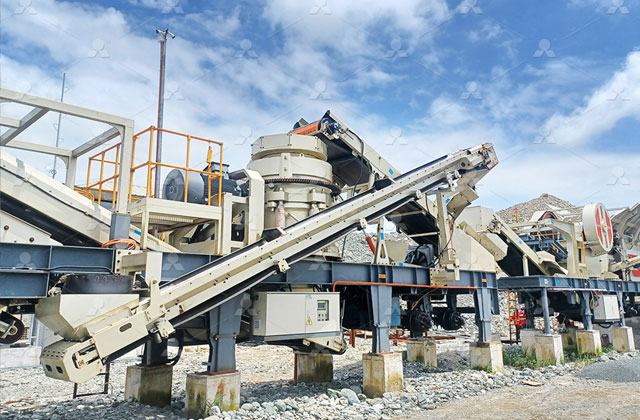When consulting on the price of an aggregate crusher, several factors influence the overall cost, making it essential for potential buyers to consider all relevant aspects. The price of an aggregate crusher can vary depending on the type of crusher, the capacity it offers, and the material it is designed to process. Additionally, the brand and technological features of the crusher play a significant role in determining its price.

First, the type of crusher significantly impacts the cost. Aggregate crushers come in various types, including jaw crushers, cone crushers, impact crushers, and mobile crushers. Jaw crushers and cone crushers tend to be on the higher end of the price range due to their durability and ability to process harder materials like granite or basalt. Impact crushers are usually less expensive but are best suited for softer materials. Mobile crushers generally cost more due to their portability and convenience.
Second, the production capacity is another key factor. Aggregate crushers are available in different capacities, ranging from small units for modest projects to larger machines that handle substantial aggregate production. Crushers designed to process over 500 tons per hour are typically more expensive than those with lower capacity. For example, a 50-ton-per-hour crusher might cost significantly less than a 300-ton-per-hour crusher.
Third, brand and quality affect the price as well. Well-established brands often have higher price points due to their reputation for reliability, advanced technology, and customer support. However, investing in a trusted brand can save on long-term maintenance costs. Lesser-known manufacturers may offer lower upfront prices, but the risk of frequent repairs or shorter machine lifespan might outweigh the initial savings.
In addition to the machine itself, buyers must consider operational costs, such as power consumption, maintenance, and spare parts. More energy-efficient models may have a higher price tag, but they offer savings over time by reducing power bills. Similarly, crushers with easily accessible spare parts and lower maintenance needs can contribute to lower total costs of ownership.
Finally, local market conditions and shipping costs are crucial when determining the final price of an aggregate crusher. In countries with high import duties, the cost of a crusher can be significantly higher. Additionally, transportation fees for large crushers can increase the overall price, especially if the equipment is shipped internationally. Consulting with suppliers and getting detailed quotations, including all related costs, can help potential buyers make a well-informed decision.
